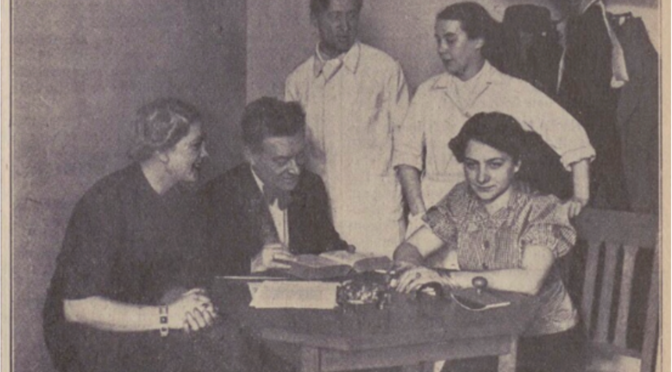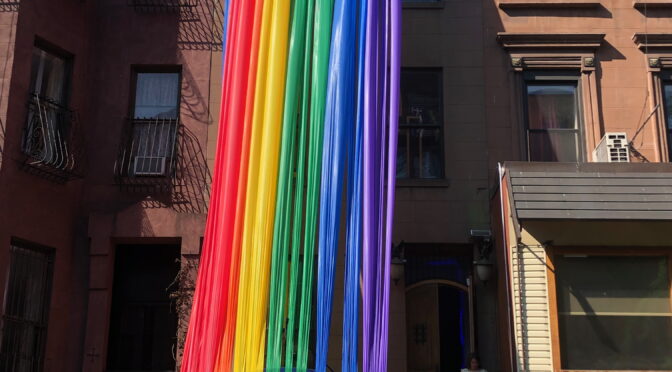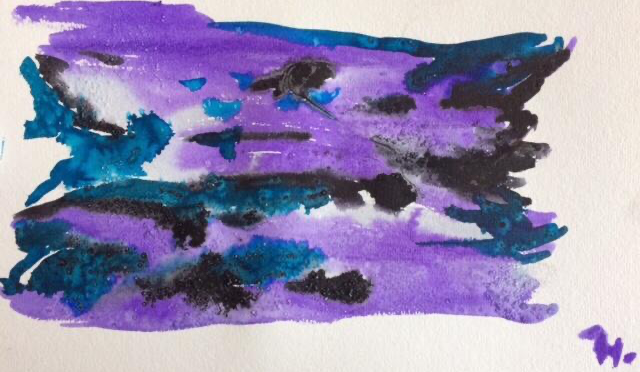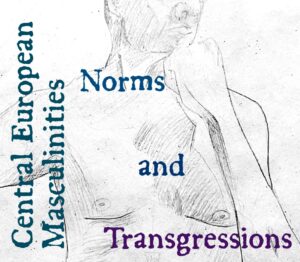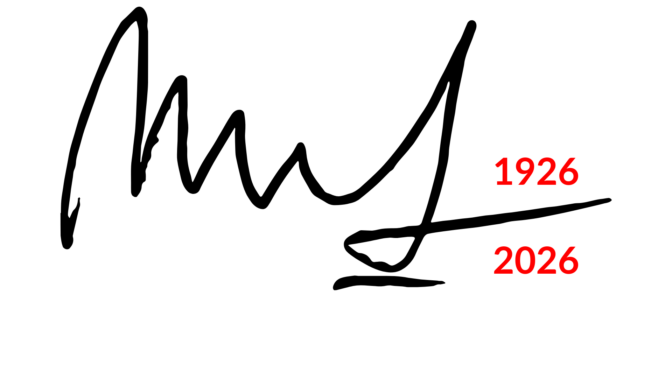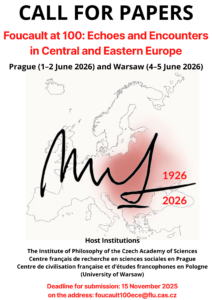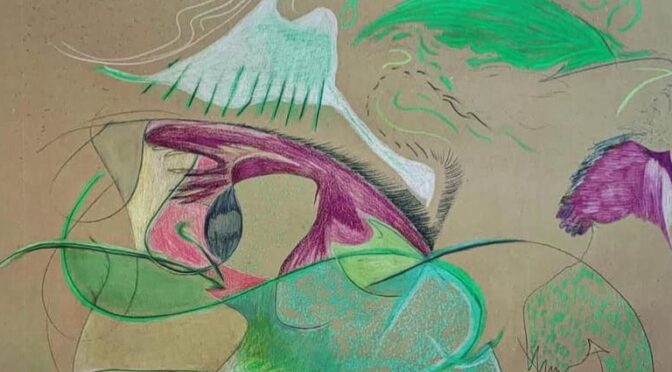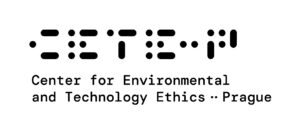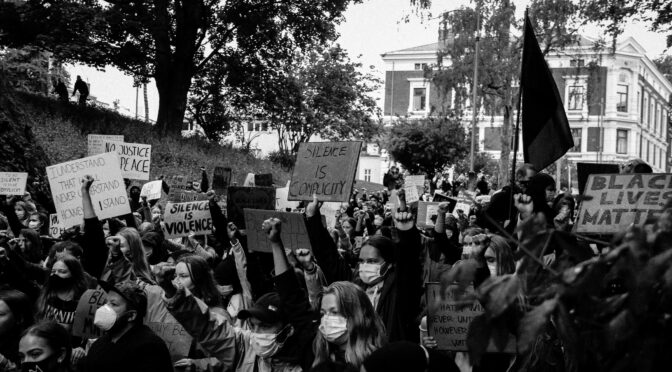⇒ In German below ⇐
Translational and Editorial Practices in the Reception of Belgian Literature in Czech- and Germanophone Cultural Spaces during Modernism (1870–1940)
Workshop is organised by Petra James, Hubert Roland, Quintus Immisch di Padua and Martina Mecco, MODERNITAS (MSH – Université Libre de Bruxelles) – UCLouvain and CEFRES – French Research Centre in Humanities and Social Sciences in collaboration with Department of Czech and Comparative Literature, Charles University, Institute of Czech Literature, CAS, Institut of Slovak Literature, SAV.
Deadline for submissions: December 30, 2025
Date: April 15 – 17, 2026
Location: CEFRES, Prague
Languages: English, French, Czech, German
Send an abstract of 300 words to: martina.mecco@ulb.be
(See German below)
The conference is organised as part of the FNRS (Fonds de la Recherche Scientifique, Belgium) project entitled “Belgium ‘Read’ in German and Czech” (2024-2027), directed by Petra James (Université libre de Bruxelles) and Hubert Roland (UCLouvain). Continue reading CFP | Gender and Mediation

